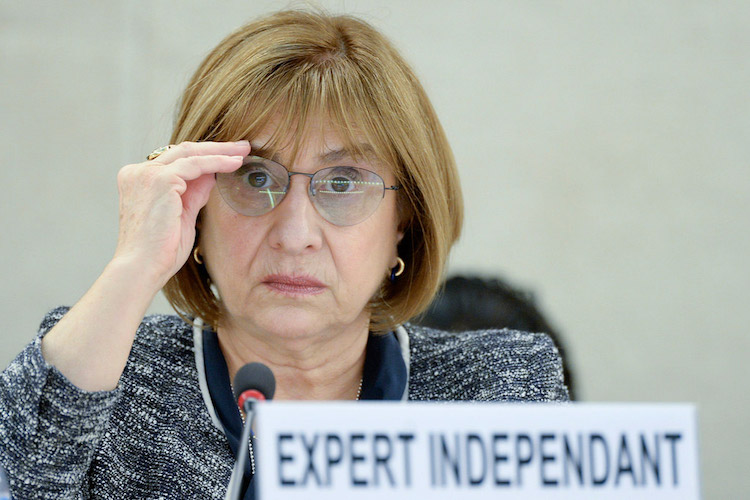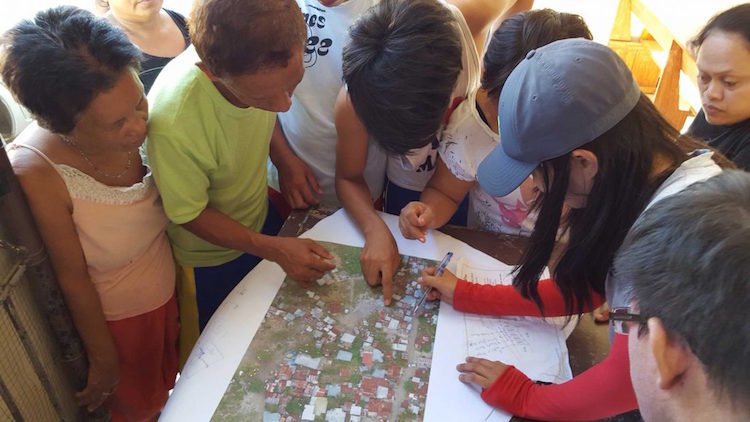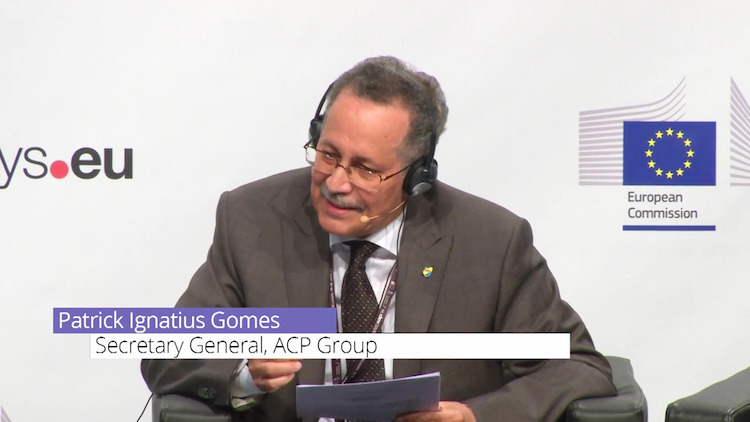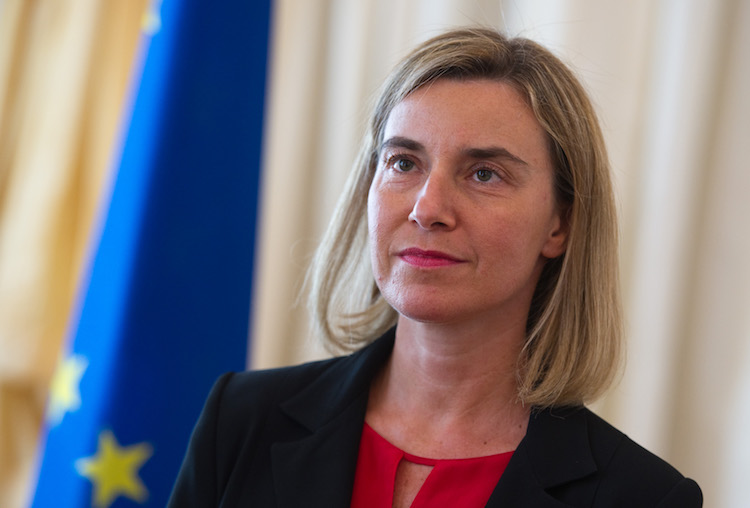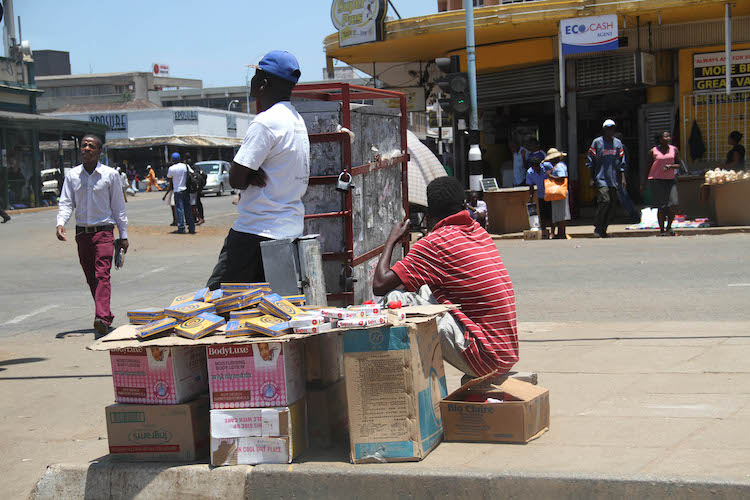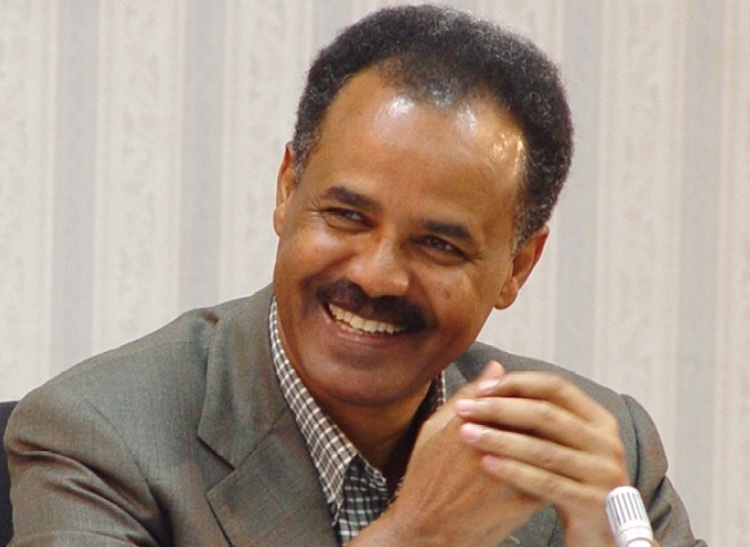Viewpoint by Rana Allam and Sanam Naraghi Anderlini
 Rana Allam is WASL Senior Editor and Former Editor of Daily News Egypt. Sanam Naraghi Anderlini is Co-Founder, ICAN.
Rana Allam is WASL Senior Editor and Former Editor of Daily News Egypt. Sanam Naraghi Anderlini is Co-Founder, ICAN.
WASHINGTON DC (IDN) – On July 4 as Americans celebrated independence from a King that “obstructed the Administration of Justice…sent hither swarms of Officers to harass people… kept among [the people], in times of peace, Standing Armies without the Consent of legislatures…and render[ed] the Military independent of and superior to the Civil power”, Egyptians commemorated the rise of just such a king in their midst in 2013, and they wonder why the U.S. continues to support such a repressive ruler in Egypt today, when the same was intolerable for Americans 200 years ago.
With news of daily bombings and crises across the Middle East, it is no surprise that Egypt is absent from the news headlines, but the events that have been unfolding there since 2013 are warning signs of a much greater looming crisis, if attention isn’t paid soon.


